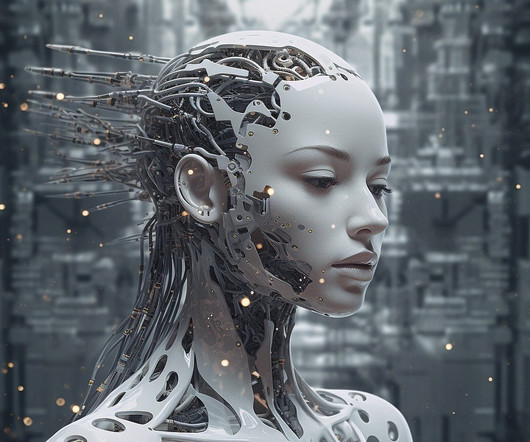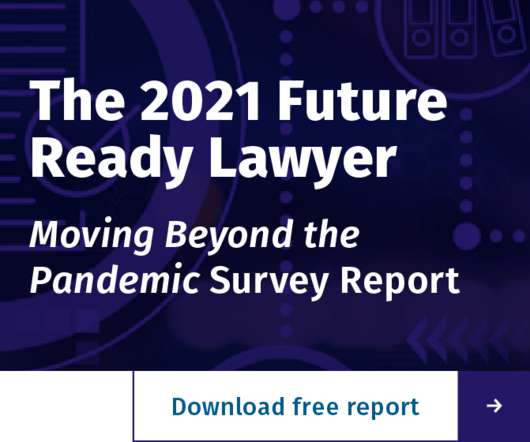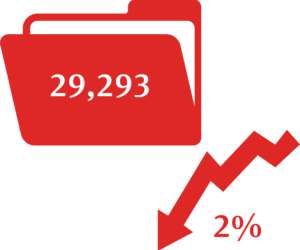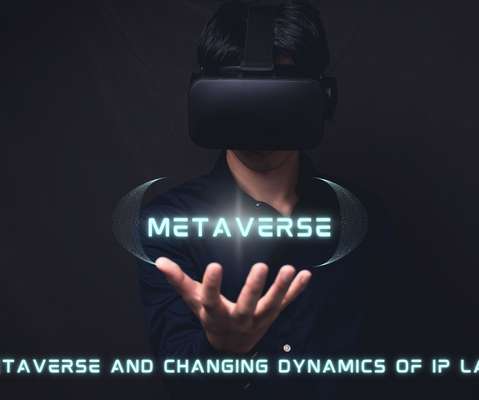Generative AI: the US class action against Google Bard (and other AI tools) for web scraping
Kluwer Copyright Blog
OCTOBER 3, 2023
It could also undercut the commercial market for books and works already created; this is because, on demand, the Products are able not only to summarize books in detail, chapter by chapter, but also to regenerate the text of books (§ I.B.110-111). 4th 1149 (9th Cir.












Let's personalize your content